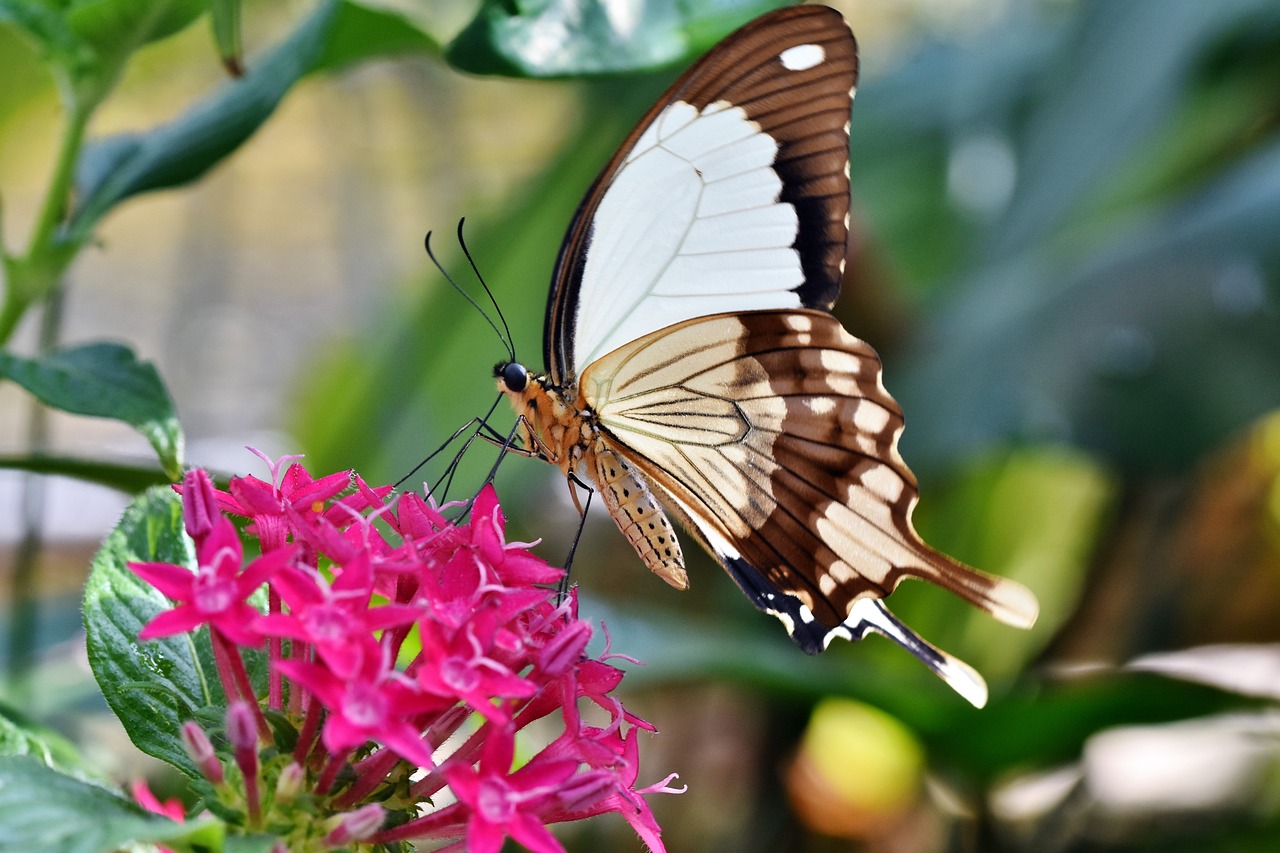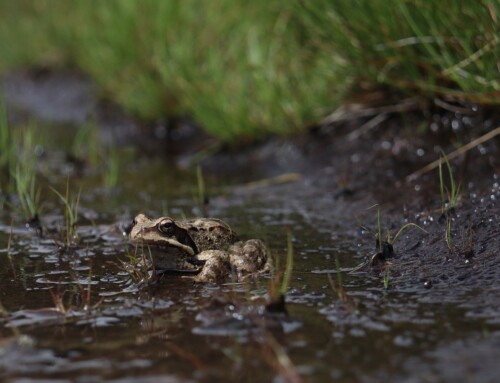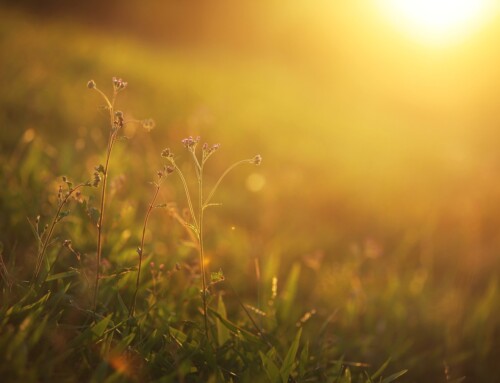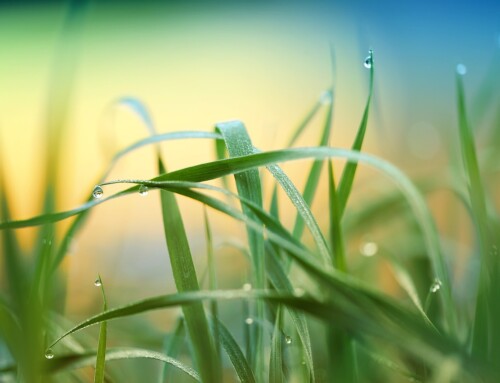In recent years, eco-friendly gardening has grown in popularity. Now more than ever, Florida residents are making efforts to minimize the environmental impact of caring for their property. This article offers 18 quick and easy tips to cultivate healthy, sustainable lawns and gardens.
- Plan Your Garden Wisely: Start by selecting Florida native plants suited to your climate and soil conditions. These plants require less water, fertilizer, and pesticides, promoting a naturally balanced ecosystem.
- Improve Soil Health: Healthy soil supports robust plant growth. Add organic compost regularly to enrich the soil with nutrients and improve its structure. Avoid synthetic fertilizers that can leach into groundwater and harm beneficial organisms.
- Conserve Water: Install a rainwater harvesting system to collect rainwater for irrigation. Use mulch around plants to retain moisture, reduce evaporation, and suppress weeds. Be sure to water plants deeply but infrequently to encourage deep root growth.
- Practice Integrated Pest Management (IPM): Encourage natural predators like ladybugs and birds to control pests instead of using chemical pesticides. Companion planting and crop rotation can also deter pests and reduce the need for chemical interventions.
- Compost Kitchen and Garden Waste: Composting turns organic waste into a nutrient-rich soil conditioner. It reduces landfill waste and provides a sustainable source of fertilizer for your garden.
- Use Renewable Energy: Consider solar-powered garden lights and water features to reduce your garden’s carbon footprint.
- Create Wildlife Habitats: Include plants that attract pollinators, such as bees and butterflies. Install bird feeders and houses to support local bird populations. A diverse ecosystem enhances garden productivity and resilience.
- Practice Sustainable Lawn Care: Reduce the size of your lawn and replace it with native ground covers or low-maintenance alternatives. Mow less frequently and leave grass clippings on the lawn to decompose naturally.
- Save Seeds and Plant Propagation: Save seeds from your best plants to grow new crops next season. Propagate plants through cuttings or division to expand your garden without purchasing new plants.
- Educate Yourself: Stay informed about sustainable gardening practices and local environmental issues. Attend workshops, join gardening clubs, or consult with local experts to learn new techniques.
- Support Biodiversity: Plant a variety of species to create a resilient ecosystem that can withstand pests, diseases, and climate fluctuations. Avoid monoculture planting, which can deplete soil nutrients and increase pest vulnerability.
- Reduce, Reuse, Recycle: Repurpose old containers for planting, use biodegradable pots, and recycle garden waste whenever possible. Minimize plastic usage in your garden by opting for sustainable alternatives.
- Practice Water-efficient Gardening: Use drip irrigation systems or soaker hoses to deliver water directly to plant roots, minimizing runoff and evaporation. Group plants with similar water needs together to optimize water usage.
- Mulch Effectively: Apply organic mulch such as wood chips, straw, or leaves around plants to retain moisture, suppress weeds, and regulate soil temperature. Mulching also enhances soil fertility as it decomposes.
- Embrace Seasonal Gardening: Grow seasonal crops that are well-suited to your local climate and require fewer resources to thrive. Rotate crops annually to prevent soil depletion and reduce the risk of pest infestations.
- Use Non-toxic Cleaning Methods: Avoid chemical cleaners for garden surfaces. Instead, use environmentally friendly alternatives such as vinegar and baking soda to clean tools and garden furniture.
- Support Local Ecosystems: Plant trees and shrubs that provide food and shelter for local wildlife. Create habitats for beneficial insects like ladybugs and lacewings, which naturally control garden pests.
- Monitor Garden Health: Regularly inspect lawns and plants for signs of pests, diseases, or nutrient deficiencies. Early detection allows for prompt intervention using organic methods, reducing the need for harsh chemicals.
The Veransa Group is proud to help homeowners and landscapers on the Gulf Coast create eco-friendly, sustainable lawns and gardens. Our organic mulch, compost, and soil amendments are produced from recycled wood and green waste. Click here to learn more about how to dispose of yard waste responsibly and find sustainable, natural products.




